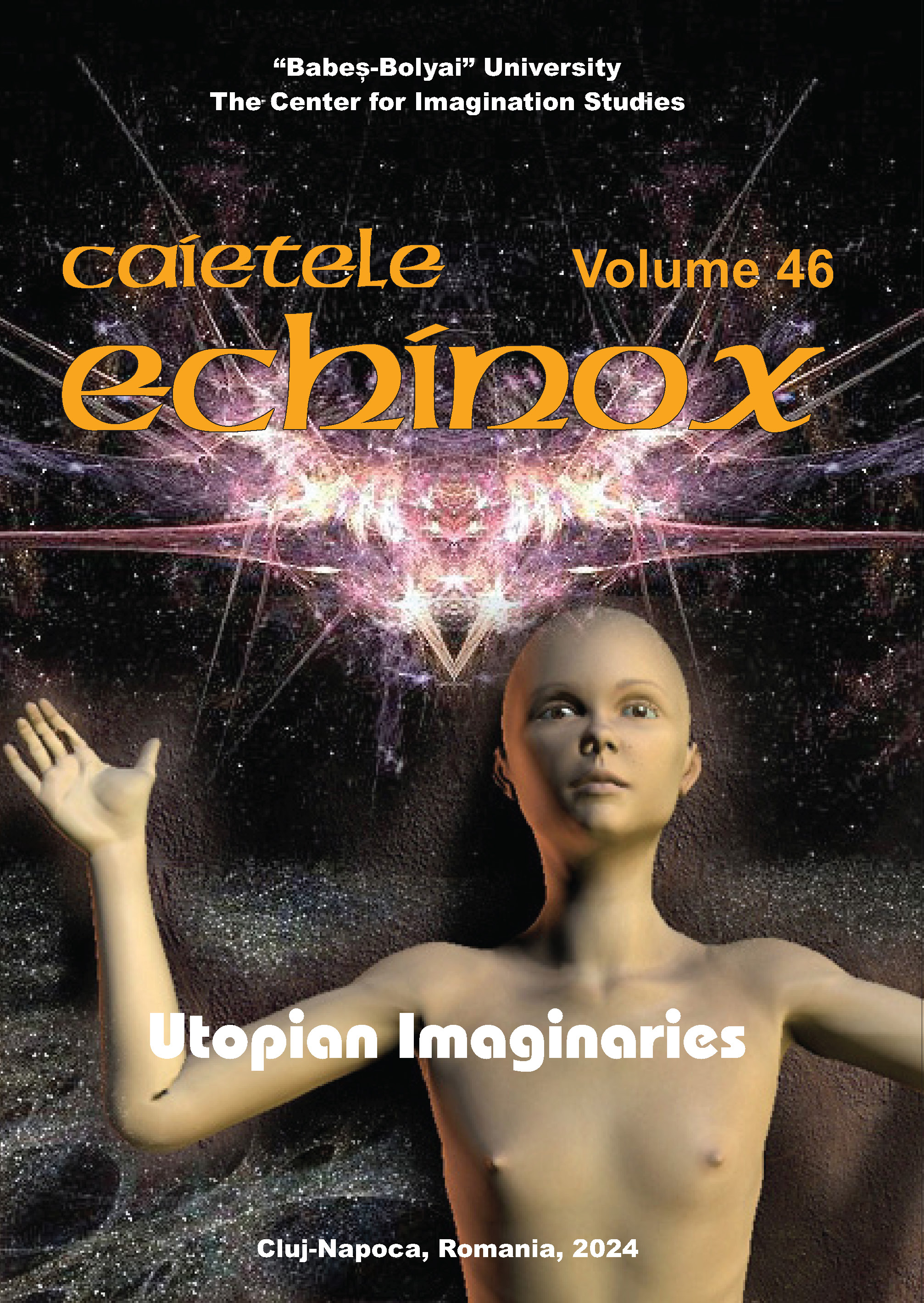Utopian Freedom and Value Portrayed in Hegel’s Comic Consciousness and Fictional Behaviorism
Utopian Freedom and Value Portrayed in Hegel’s Comic Consciousness and Fictional Behaviorism
Author(s): Andrew Lee BridgesSubject(s): Philosophy, Studies of Literature, History of ideas
Published by: Universitatea Babeş-Bolyai
Keywords: Hegel’s Comic Consciousness; Fictional Behaviorism; Walden Two; Utopia; Freedom;
Summary/Abstract: In this paper I explore the conceptual relatability of Hegel’s description of the Comic Consciousness found in the chapter on “Religion” in his Phenomenology of Spirit to Skinner’s portrayal of a behavioral scientist being tantamount to God, particularly in the fictional behavioral scientist’s ability to create freedom and value in Walden Two. I examine how the Self-Consciousness of the fictional behavioral scientist and the self-consciousness of the Comic Consciousness appear to embody a form of freedom that is able to transcend and create the values of their respective communities. I suggest similarities between these two shapes of self-consciousness and forms of freedom, as well as the disparities between them, express difficulties for understanding freedom and value in the conceptual context of both the idea of utopia and the “death of God.”
Journal: Caietele Echinox
- Issue Year: 2024
- Issue No: 46
- Page Range: 129-138
- Page Count: 10
- Language: English
- Content File-PDF

